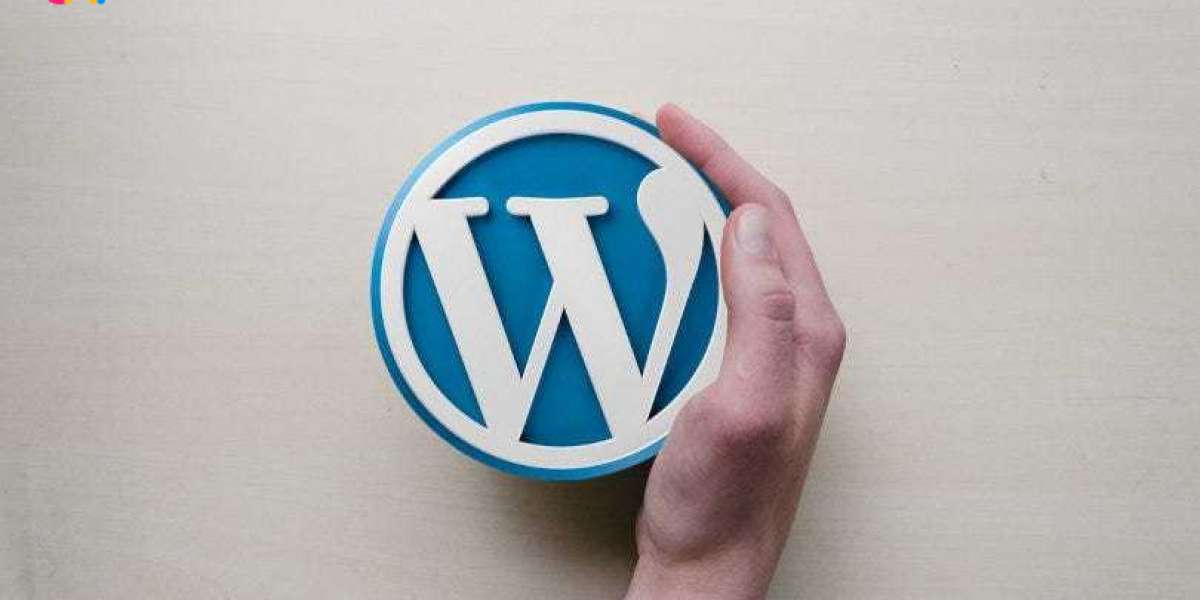WordPress is one of the most popular content management systems (CMS) in the world, powering over 40% of all websites. Businesses of all sizes use WordPress websites to create professional, scalable, and functional online platforms. However, while WordPress offers numerous benefits, it also has certain limitations that businesses should consider before making a decision.
In this article, we will explore the pros and cons of using WordPress for business websites, helping you determine if it’s the right choice for your company.
Pros of Using WordPress for Business Websites
1. Easy to Use and Manage
One of the biggest advantages of WordPress is its user-friendly interface. Even non-technical users can manage and update WordPress websites without extensive coding knowledge.
Benefits:
Intuitive dashboard for easy navigation.
Simple content creation with a visual editor (Gutenberg or Classic Editor).
Drag-and-drop page builders like Elementor and WPBakery simplify customization.
Businesses can quickly set up and manage their sites without relying on developers for every update.
2. Highly Customizable with Themes and Plugins
WordPress offers thousands of themes and plugins that allow businesses to create unique websites tailored to their needs.
Benefits:
Free and premium themes available for different industries.
Plugins enhance functionality (SEO tools, e-commerce, contact forms, etc.).
Custom coding options for advanced personalization.
With so many design and feature options, WordPress websites can be customized to match any brand’s vision.
3. SEO-Friendly for Better Rankings
Search engine optimization (SEO) is crucial for online visibility, and WordPress makes it easy to optimize content for search engines.
Benefits:
SEO-friendly URLs, meta tags, and structured data support.
Popular SEO plugins like Yoast SEO and Rank Math.
Fast-loading themes and mobile responsiveness improve rankings.
A well-optimized WordPress site can help businesses attract more organic traffic and increase their online presence.
4. Cost-Effective and Scalable
WordPress is a cost-effective solution for businesses, offering free and affordable premium options.
Benefits:
Open-source software with no licensing fees.
Wide range of free plugins and themes.
Scalable architecture that grows with your business.
Small businesses can start with a basic WordPress site and expand as needed, making it a flexible solution for all budgets.
5. E-Commerce Capabilities with WooCommerce
WordPress allows businesses to create e-commerce websites with WooCommerce, one of the most powerful e-commerce plugins.
Benefits:
Sell products or services with an integrated shopping cart.
Secure payment gateways like PayPal, Stripe, and credit card processing.
Inventory management and automated shipping calculations.
For businesses looking to enter the online retail market, WordPress websites offer a reliable and scalable e-commerce solution.
6. Strong Community Support and Resources
With millions of users worldwide, WordPress has a large community of developers and users who contribute to its continuous improvement.
Benefits:
Extensive online documentation and tutorials.
Active forums and support communities.
Regular software updates for security and performance.
Whether you're troubleshooting an issue or looking for new features, there's always help available.
Cons of Using WordPress for Business Websites
1. Security Vulnerabilities
Since WordPress is open-source, it’s a common target for hackers. Security concerns can arise if proper precautions are not taken.
Challenges:
Third-party plugins may introduce security risks.
Regular updates are required to prevent vulnerabilities.
Additional security plugins and hosting services are needed for protection.
Solution:
Businesses can enhance security by using reliable hosting, strong passwords, security plugins (e.g., Wordfence, Sucuri), and regular backups.
2. Performance Issues with Too Many Plugins
While plugins enhance functionality, excessive use can slow down website performance.
Challenges:
Poorly coded plugins can lead to slow load times.
Compatibility issues may arise between plugins and themes.
Increased server load can affect website speed.
Solution:
Optimize performance by using only essential plugins, caching tools, and a Content Delivery Network (CDN) to improve load speeds.
3. Frequent Updates and Maintenance
WordPress requires regular updates to core files, themes, and plugins to maintain performance and security.
Challenges:
Updates can sometimes break website functionality.
Regular maintenance is needed to keep everything running smoothly.
Compatibility issues may require troubleshooting.
Solution:
Set up automatic backups and test updates in a staging environment before applying them to your live website.
4. Learning Curve for Advanced Customization
While WordPress is beginner-friendly, advanced customization requires some knowledge of coding (HTML, CSS, PHP).
Challenges:
Custom themes and plugins may need developer assistance.
Code-based modifications require technical expertise.
Some businesses may need to hire developers for complex features.
Solution:
Use page builders like Elementor or Divi for advanced design control without coding, or partner with WordPress experts for custom development.
5. Hosting and Performance Depend on Your Choice of Provider
Unlike website builders like Wix or Squarespace, WordPress requires separate hosting, which affects website speed and uptime.
Challenges:
Cheap hosting may lead to slow performance and security risks.
Unoptimized servers can cause downtime.
Managed WordPress hosting can be costly.
Solution:
Invest in reliable hosting providers like SiteGround, WP Engine, or Bluehost for better speed, security, and uptime.
Should Your Business Use WordPress?
WordPress is a great choice if:
You need a flexible, customizable website.
You want a cost-effective and scalable solution.
SEO and content marketing are essential to your business strategy.
You need e-commerce capabilities with WooCommerce.
WordPress may not be the best choice if:
You want an all-in-one hosted solution without technical management.
You don’t have time for regular updates and maintenance.
You require highly complex custom development that exceeds WordPress capabilities.
Conclusion
WordPress offers a powerful, scalable, and cost-effective solution for business websites. With its vast selection of themes, plugins, and customization options, it’s ideal for businesses looking to establish a strong online presence. However, it also comes with challenges such as security risks, maintenance requirements, and performance concerns.
By understanding the pros and cons, businesses can make an informed decision about whether WordPress websites are the right fit for their needs. With proper management, optimization, and security measures, WordPress can be a highly effective platform for building a professional business website.




